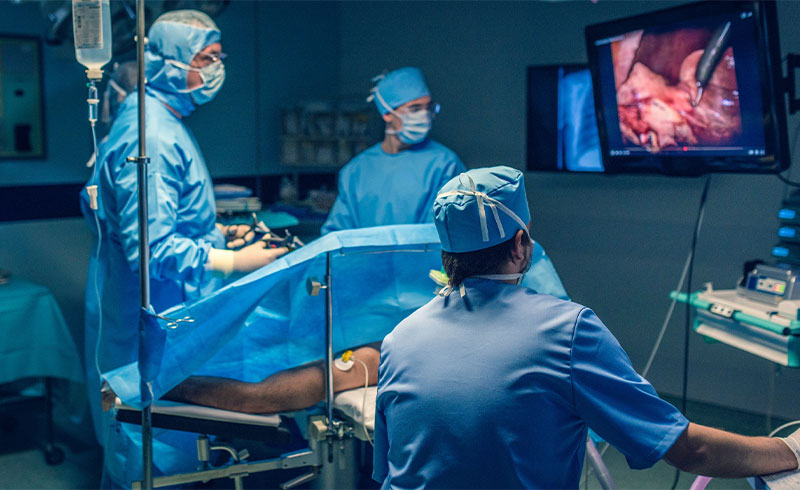- ADDRESS: Fortis Hospital, Mulund (400078)
- CALL US: +91-9892805422
- OPD: MON - Sat: 11:00 AM - 4:00 PM
Menu
Understanding Keyhole Brain Surgery: Benefits and Recovery

What Is Keyhole Brain Surgery?
Modern neurosurgery has advanced in ways that now allow doctors to treat serious brain conditions with far less trauma. One of the most promising methods is keyhole brain surgery, a form of minimally invasive brain surgery that uses small openings and highly precise tools to operate on delicate areas of the brain. This approach reduces recovery time and improves comfort for patients, making it a preferred choice for many suitable cases.Key Conditions Treated
- ✓ Brain tumours
- ✓ Aneurysms
- ✓ Pituitary tumours
- ✓ Certain types of epilepsy
- ✓ Vascular malformations
What Are the Benefits of Keyhole Neurosurgery?
Benefits include: – Smaller incisions and reduced scarring – Less disruption to brain tissue – Less bleeding during surgery – Shorter hospital stays – Faster recovery – Lower risk of complicationsRecovery After Keyhole Brain Surgery
What to Expect: – Hospital stay: 2 to 4 days – Mild headache, swelling, or fatigue that typically eases within a week – Light activity can resume in a few days – Regular post-surgery monitoring and imaging testsIs This Surgery Right for Everyone?
Not all cases are suited for keyhole neurosurgery procedures. The suitability depends on factors like the size, type, and location of the problem, as well as the overall health of the patient. Advanced imaging and neurological assessment are essential before deciding on the best course of treatment. If you’re exploring treatment options, consulting a qualified and experienced neurosurgeon is key. Dr. Jayesh Sardhara, a trusted keyhole brain surgery specialist in Mumbai, offers personalised surgical care using minimally invasive techniques with a focus on patient safety, comfort, and long-term outcomes.FAQs
What are the main advantages of keyhole brain surgery compared to traditional surgery? It involves smaller cuts, disturbs less tissue, and typically results in a quicker recovery, fewer complications, and minimal scarring, making it a gentler alternative to traditional open surgery. How long is the typical recovery period after keyhole brain surgery? Most patients can resume light activity in a few days, with complete recovery often achieved within a few weeks to months, depending on the case.Final Thoughts
Preparing for surgery, whether on the brain or spine, is more than just a physical task. It is also about building mental readiness and confidence. With the right information and the support of experienced professionals, you can face it calmly and come out stronger. Taking the time to prepare well sets the stage for a smoother recovery and a healthier future.Noticed warning signs like persistent headaches or confusion? Take action now—get the right diagnosis and care plan before complications arise.
Book Now